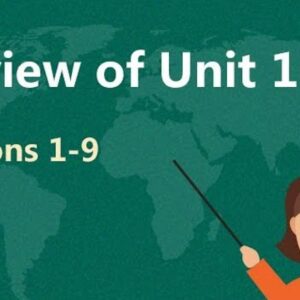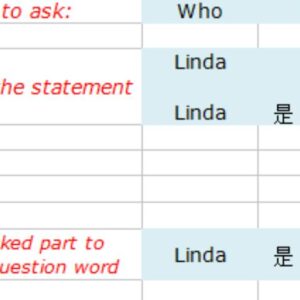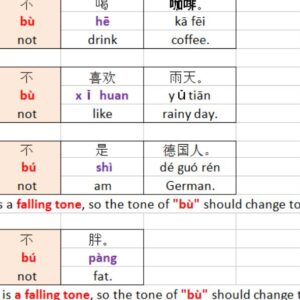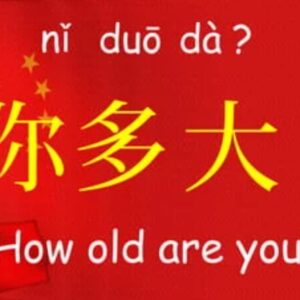Assuming that you’re learning Chinese, you could find the numerous ways local Mandarin speakers can offer thanks past bowing or the essential 谢谢 (xièxie) — “Much obliged.”
We’ll show you seven valuable words and expressions to say “much obliged” in Chinese, contingent upon your crowd and the circumstance.
We trust acquiring your ardent thanks is sufficiently useful!
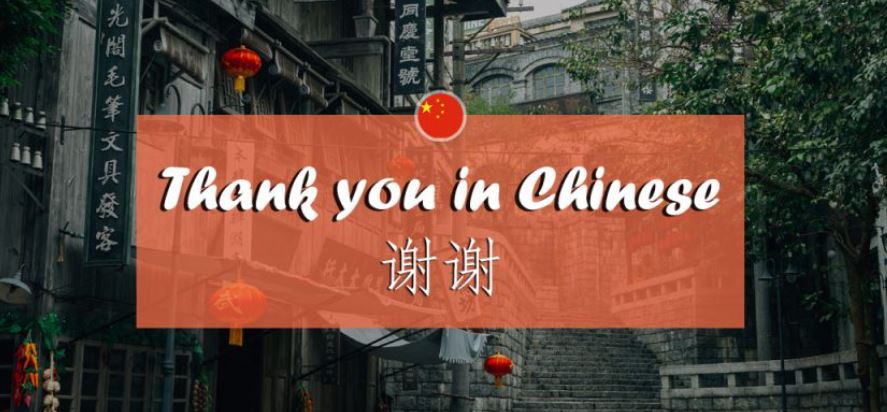
1. 谢谢 (xièxie) — Thank you
When in doubt, use 谢谢 (xiè xiè) — “Thank you.” This is the default, basic way of saying “thank you” in passing, when you’re accepting gifts or every other casual encounter in between.
A variation of this barebones phrase includes 多谢 (duō xiè) — “Thanks a lot” which is used in SMS messages and notes as opposed to writing or typing 谢谢.
It’s appropriate for casual spoken conversations as well, like when you’re handed something at work.
- Thank you! / Thanks! – 谢谢! – Xièxie!
- Thank you! – 谢谢你! – Xièxie nǐ! (slightly more formal than 谢谢)
- Thank you! – 谢谢您! – Xièxie nín! (as opposed to 你 nǐ, 您 nín is more courteous and formal, so this is suitable for when you are talking to someone hierarchically higher than you)
- Thanks a lot! – 多谢! – Duō xiè! (used mainly in texting between friends, but teenagers tend to use it in speaking as well)
- Thanks! – 谢了! – Xiè le! (commonly used between close friends)
Now let’s look at some of the most common ways of saying “thank you very much” in Chinese.
- Thank you very much – 非常感谢你! – Fēicháng gǎnxiè nǐ! (a more formal way of thanking someone when you’re feeling extremely grateful for what they’ve done for you)
- Many thanks! – 感谢! – Gǎn xiè!(a shorter version of 非常感谢你, likewise suitable for situations where you owe someone serious gratitude)
- Thank you very much! – 非常谢谢! – Fēi cháng xiè xiè! (literal meaning: extreme thanks)
Other variations include:
- Thank you very much! – 非常谢谢你! – Fēi cháng xiè xiè nǐ!
- (I’m) really grateful! – 非常感谢! – Fēi cháng gǎn xiè!
- (I’m) really grateful! – 非常感谢你! Fēi cháng gǎn xiè nǐ! (slightly more formal than the previous)
- Thank you SO much! – 太谢谢你了! – Tài xiè xiè nǐ le!
How to thank someone in Chinese for the gift they gave you and some more Chinese phrases that might come in handy next time you visit China.
- Thank you for everything. – 感谢你为我做的一切。- Gǎnxiè nǐ wèi wǒ zuò de yīqiè.
- Thank you for your help. – 谢谢你的帮助. – Xièxiè nǐ de bāngzhù.
- I thank you for the gift. – 我为那个礼物感谢你。- Wǒ wèi nàgè lǐwù gǎnxiè nǐ.
- Thank you for letting me know. – 谢谢你让我知道。- Xièxiè nǐ ràng wǒ zhī dào.
- Thank you for your coffee! – 谢谢你的咖啡! – Xièxiè nǐ de kā fēi!
- Thank you for coming today – 感谢您今天的光临。- Gǎnxiè nín jīntiān de guānglín.
- Thank you for your consideration. – 谢谢您的关心。- Xièxiè nín de guānxīn.
- Thank you for spending time with us. – 谢谢您花时间和我们在一起。- Xièxiè nín huā shíjiān hé wǒmen zài yìqǐ.
If you want to respond to someone’s thanks with “you’re welcome” in Chinese, you can say 不客气 bù kèqì.
You can also say 不用谢 bú yòng xiè (meaning “don’t mention it”) or 小事一桩 xiǎo shì yī zhuāng (“it’s nothing”).
2. 感谢 (gǎn xiè) — Many thanks
感谢 (gǎn xiè) — “Many thanks” or 非常感谢你 (fēi cháng gǎn xiè nǐ) — “Thank you very much” can be used for extreme situations where you owe someone serious gratitude.
This variation is appropriate for many semi-formal interactions.
For example, if a classmate helps you out with a big part of a school project or a coworker covers you at work unexpectedly, then 感谢 or 非常感谢你 are appropriate phrases to use.
3. 哪里哪里 (nǎ li nǎ li) — You’re flattering me
This is a rather cute expression similar to saying “Oh, stop!” flirtatiously in English. 哪里哪里 (nǎ li nǎ li) — “You’re flattering me” can be used for different non-romantic kinds of situations as well.
This phrase roughly translates to “you flatter me” or “you’re too kind” and is used when receiving a compliment.
Whether you’ve received a flirtatious compliment from someone you’re crushing on or you’re being praised by your boss for your hard work recently, 哪里哪里 is an apt response.
4. 麻烦你了(má fan nǐ le) — Sorry for the trouble
麻烦你了(má fan nǐ le) literally translates to “inconvenience to you.” This phrase sounds very self-deprecating in English, so “sorry for the trouble” is a more practical translation.
It’s a great phrase to use when someone else has gone out of their way to help or work for you. Note that it isn’t quite a formal apology.
Even if someone has done a favor for you that you didn’t ask for or if the work they’ve done for you wasn’t terribly inconvenient for them, 麻烦你了 is an appropriate way of saying “thank you” with a bit more gusto.
This phrase is common in office or business culture.
5. 不,不 (bù, bù) — No, no
Deflecting compliments is common in Mandarin Chinese, no matter your gender or the compliment that was given. It isn’t a self-deprecating practice, either.
Actively behaving humbly is important in many Chinese-speaking cultures and makes one look very likable. If a young Westerner receives a compliment, they typically respond with “aw, thanks.” Not in Chinese culture!
Simply waving your hands and saying “no way” is a good way to deflect a compliment and come off as humble, modest and admirable. We both know you deserved that compliment, but deflecting it just makes you look better.
6. 你太好啦 (nǐ tài hǎo la) — You’re the best
你太好啦 (nǐ tài hǎo la) — “You’re the best” is a great expression to use between family, friends or people you know really well in a work or school environment.
This phrase properly expresses thankfulness while lifting up someone you care about at the same time. Of course, you can expect a feverish response somewhere along the lines of 不,不 (bù, bù) — “No, no.”
Even if your Mandarin-speaking friend deflects the gesture entirely, rest assured that you expressed your thankfulness in a way that made them feel pretty great about themselves.
你太好啦 probably shouldn’t be used in a formal situation with someone you don’t know super well or your boss. Keep it between you and your buds.
7. 谢谢大家… (xiè xiè dà jiā…) — Thank you all…
When addressing a group at a formal banquet for a toast, a business meeting, a wedding or some other large group setting that’s formal in nature, 谢谢大家… (xiè xiè dà jiā…) — “Thank you all…” should be used as the first part of the phrase.
The second part of this phrase should be specific. You could add:
- …的关注。(…de ɡuān zhù.) — “…for paying attention.”
- …的来临。(…de lái lín.) — “…for coming here.”
For example:
- 谢谢大家的关注。(xiè xiè dà jiā de ɡuān zhù.) — “Thank you all for paying attention.”
- 谢谢大家的来临。(xiè xiè dà jiā de lái lín.) — “Thank you all for coming here.”
It’s important to make the differentiation between thanking one person and a large group. It’s also important to state what you’re thanking the large group for in a formal situation. Not too complicated, right?
Isn’t Chinese a particularly different and intriguing language? With this freshly discovered information on the best way to appropriately say thank you in Chinese, you’re making another stride towards dominating this language and making significant associations with Chinese individuals.
Presently get out there and practice!

